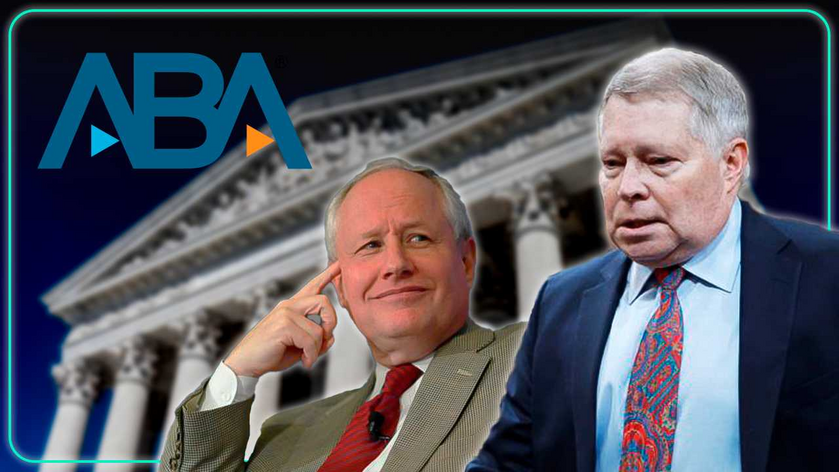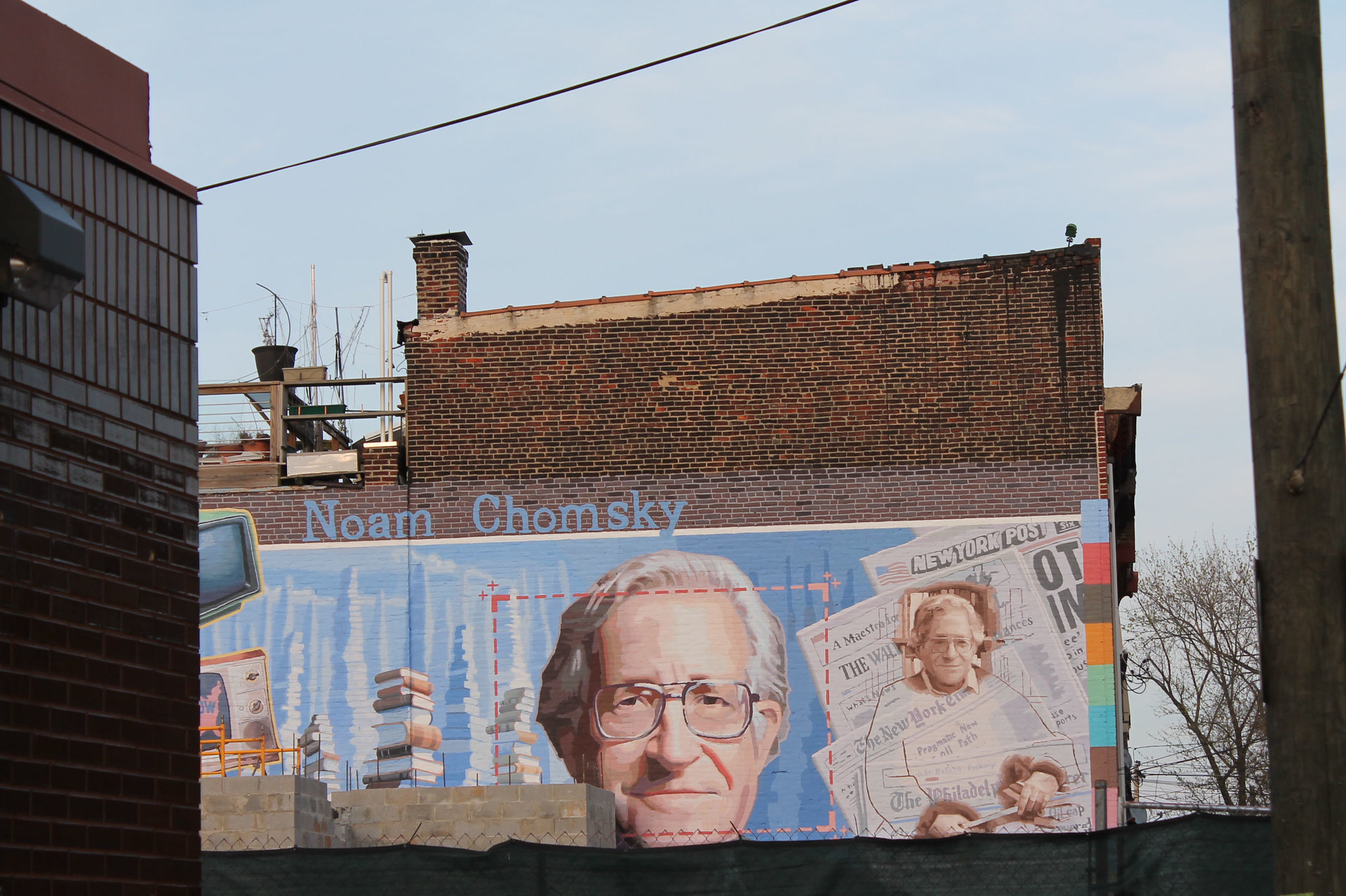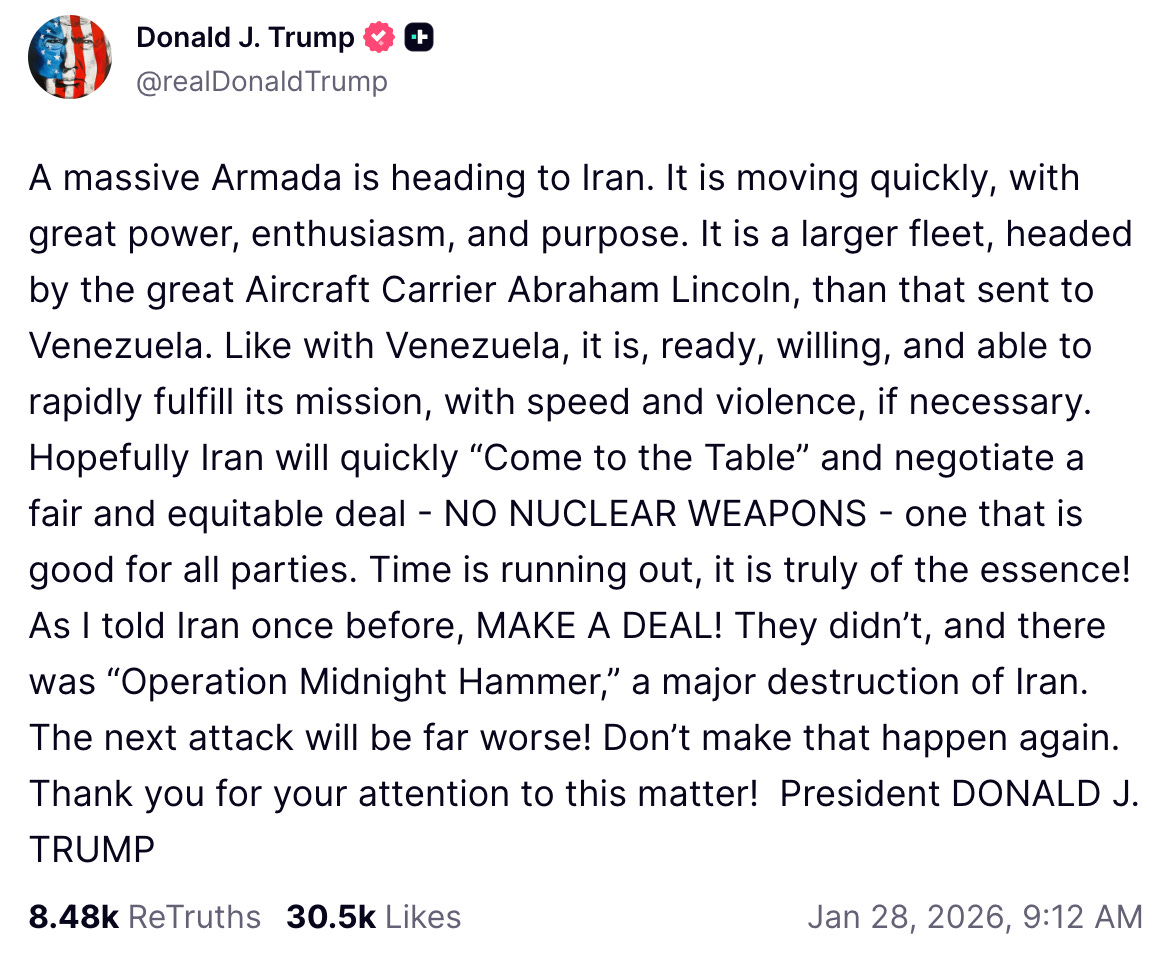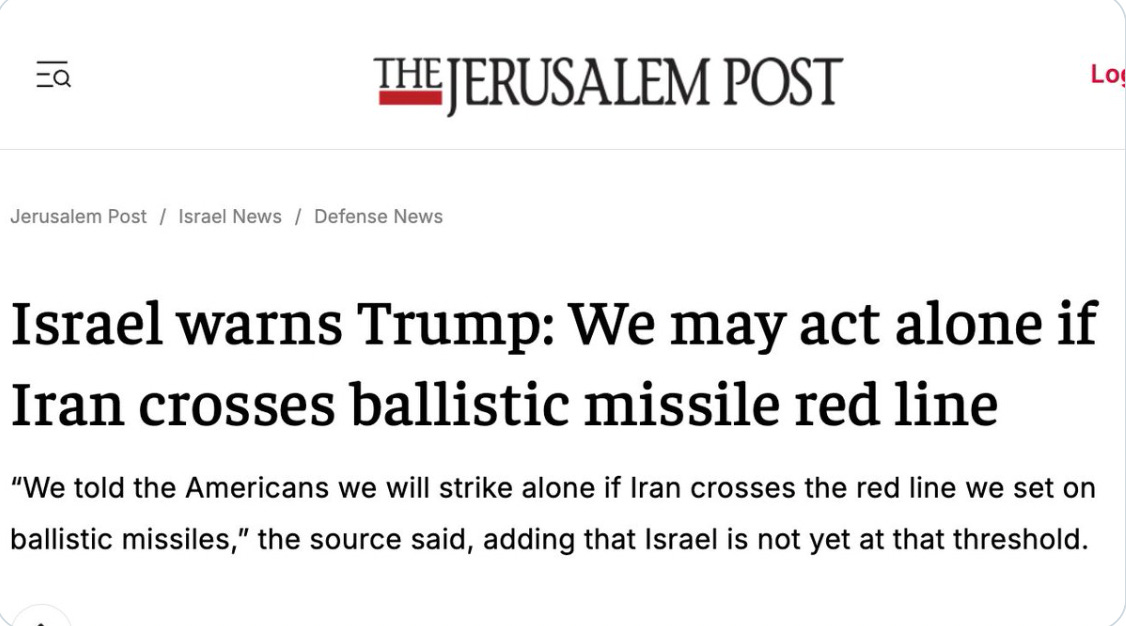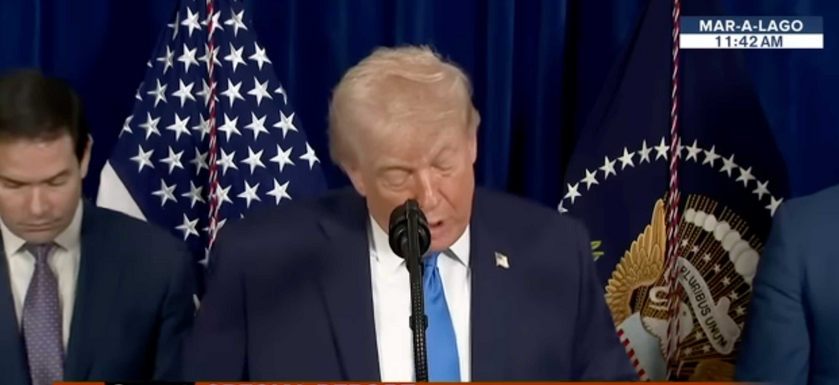In a move that highlights the increasingly blurred lines between legal advocacy and partisan activism, the American Bar Association (ABA) last week announced the formation of a "Task Force on Democracy." The initiative is ostensibly aimed at protecting democratic institutions from partisan threats. But when one looks at the supposedly neutral experts who compose this task force, it becomes instantly clear that it is anything but that.
Co-chairing the task force is J. Michael Luttig, a former federal judge who, with the help of Harvard law professor Laurence Tribe, concocted the original legal argument to justify disqualifying Donald Trump from 2024 state ballots, the same argument which the US Supreme Court unanimously rejected in March.
In an article for The Atlantic in August, 2023, Luttig and Tribe proclaimed Trump a “treasonous President,” and explained that “the only intellectually honest way to disagree is not to deny that the event is what the Constitution refers to as “insurrection” or “rebellion,” but to deny that the insurrection or rebellion matters.”
The charge that Donald Trump was a “treasonous President,” is a serious one for a Constitutional scholar to make. “Treason” is the only crime actually defined in the Constitution:
Article III, Section 3
Treason against the United States, shall consist only in levying War against them, or in adhering to their Enemies, giving them Aid and Comfort. No Person shall be convicted of Treason unless on the testimony of two Witnesses to the same overt Act, or on Confession in open Court.
The federal criminal code prescribes a strict punishment of either death or 5 or more years in prison for the offense.
There is no conceivable claim that Trump’s conduct meets or even gets near this definition. Not a single court in the country has charged Trump for the crime of either “treason” or “insurrection.” Luttig’s assessment of Trump's conduct on January 6th is even more extreme than the Biden DOJ, which under Merick Garland has aggressively prosecuted over 1,000 people for Capitol riot-related federal crimes yet has consistently refused to prosecute Trump for the crime of “insurrection,” let alone “treason,” despite immense pressure from liberal activists like Laurence Tribe to do so.
But what is important to remember is that the Supreme Court, not in a typical 6-3 partisan split but unanimously and therefore unequivocally, rejected Luttig and Tribe’s election disqualification argument as categorically invalid. And yet, the American Bar Association, widely regarded as the most respected organization in American law, has named Luttig to chair its task force on elections, despite the fact that his main views on the central subject of that task force are so partisan and fringe that not a single Supreme Court Justice, liberal or conservative, endorses them.
Another member of ABA’s novel Democracy task force is Benjamin L. Ginsberg, a lawyer who filed an amicus brief with the Supreme Court supporting Luttig and Tribe’s argument that state officials have the power to disqualify Trump from ballots:
Section 3 does not require a congressional enactment to be effective
State election officials and state courts need no congressional direction to enforce Section 3. They, no less than Congress, have the competence and obligation to interpret and apply the provision within the constraints of state and federal law—subject to ultimate judicial review before this Court and its determination of what constitutes insurrection. This understanding of the Fourteenth Amendment is confirmed by early congressional practice."
Here is how all 9 justices on The Supreme Court responded to that argument:
[…] The respondents nonetheless maintain that States may enforce Section 3 against candidates for federal office. But the text of the Fourteenth Amendment, on its face, does not affirmatively delegate such a power to the States. The terms of the Amendment speak only to enforcement by Congress, which enjoys power to enforce the Amendment through legislation pursuant to Section 5.
[…]Nor have the respondents identified any tradition of state enforcement of Section 3 against federal officeholders or candidates in the years following ratification of the Fourteenth Amendment. Such a lack of historical precedent is generally a “ ‘telling indication’ ” of a “ ‘severe constitutional problem’ ” with the asserted power.
But the notion that the Constitution grants the States freer rein than Congress to decide how Section 3 should be enforced with respect to federal offices is simply implausible.[…] state enforcement of Section 3 with respect to the Presidency would raise heightened concerns.
States might allow a Section 3 challenge to succeed based on a preponderance of the evidence, while others might require a heightened showing. Certain evidence (like the congressional Report on which the lower courts relied here) might be admissible in some States but inadmissible hearsay in others….The result could well be that a single candidate would be declared ineligible in some States, but not others, based on the same conduct (and perhaps even the same factual record)[...]"
Like Luttig’s argument, Ginsberg’s is another tribal and nakedly partisan legal view which not a single Supreme Court justice endorsed. Rather, all 9 justices claim that granting individual states the power to enforce Section 3 of the 14th Amendment not only has no precedent but “would raise heightened concerns” for democracy since political parties could easily launch lawfare campaigns to disqualify each other from certain states where their party is in power.
Here, the court rather bluntly states that it is democracy expert Benjamin Ginsberg’s view which, if it ever materialized in law, would pose the real threat to democracy.
Also on ABA’s task force, rather bizarrely, is the history professor and Substack star Heather Cox Richardson, who became famous on Facebook for her #Resistance posts and now authors an anti-Trump blog with the same editorial line as the DNC.
Perhaps most offensive is ABA’s inclusion of known Freedom and Democracy lover, Bill Kristol, best known for conceiving the original plan for undemocratic regime change in Iraq, which directly influenced Bush policy to invade and overthrow that government. The American Bar association has selected him as one of their experts on defending democracy despite the fact that he is most famous for subverting it. Kristol, like the rest of the task force, is also a leader of the anti Trump movement, routinely labeling Trump a fascist and financing Super PACs for his opponents. Like Richardson, Kristol has never been a lawyer.
The tribal partisanship behind the Bar Association’s move cannot be overstated. There are scholars not included in this group like Jonathan Turley whose views represent a sizable chunk of legal scholarship and voter opinion. The decision to exclude an entire side of the legal debate is, among other things, antithetical to the stated purpose of the task force itself. The task force’s own press release diagnosis a number of problems for American democracy, namely
That we Americans have different views is the strength of our democracy, as a diversity of perspectives leads to a better understanding of the issues we face as a country and to better solutions. Our different views should be treasured, not condemned, nor should those holding views different from our own be ostracized. The extreme polarization that exists in America today and the vile political rhetoric that is spoken against our fellow citizens is poisoning our society, and left unchecked, will eat away the fabric of our nation.
If ABA were serious about uniting a polarized society, then wouldn't it be wise to include on their task force at least one person who holds a different view than the others on one of the most divisive political issues? Yet it’s hard to find a more homogeneously minded group of people than ABA’s Democracy task force; every single member is an anti-Trump activist, as even The New York Times admits:
The A.B.A. describes itself as the largest voluntary association of lawyers in the world. While its democracy task force includes a number of liberals, it also includes conservatives mainly associated with the Republican Party before Mr. Trump transformed it.
In other words, not a single lawyer or “democracy expert,” on ABA’s task force supports Trump; the political views of half of America’s population are unrepresented on a task force whose main goal is pluralism and unity. Such a nakedly political move by the Bar Association is a worrying sign that like other onced trusted institutions, the ABA is increasingly transforming into a tribal political organization.
